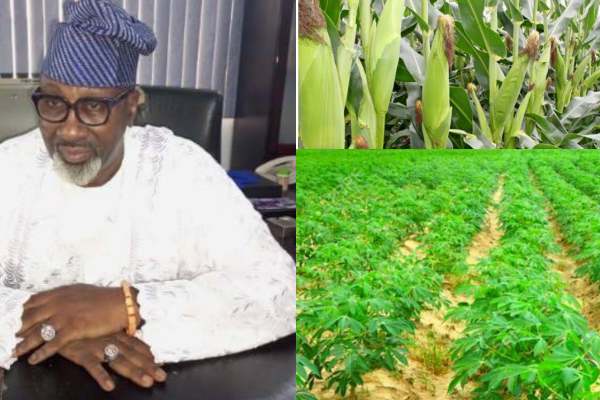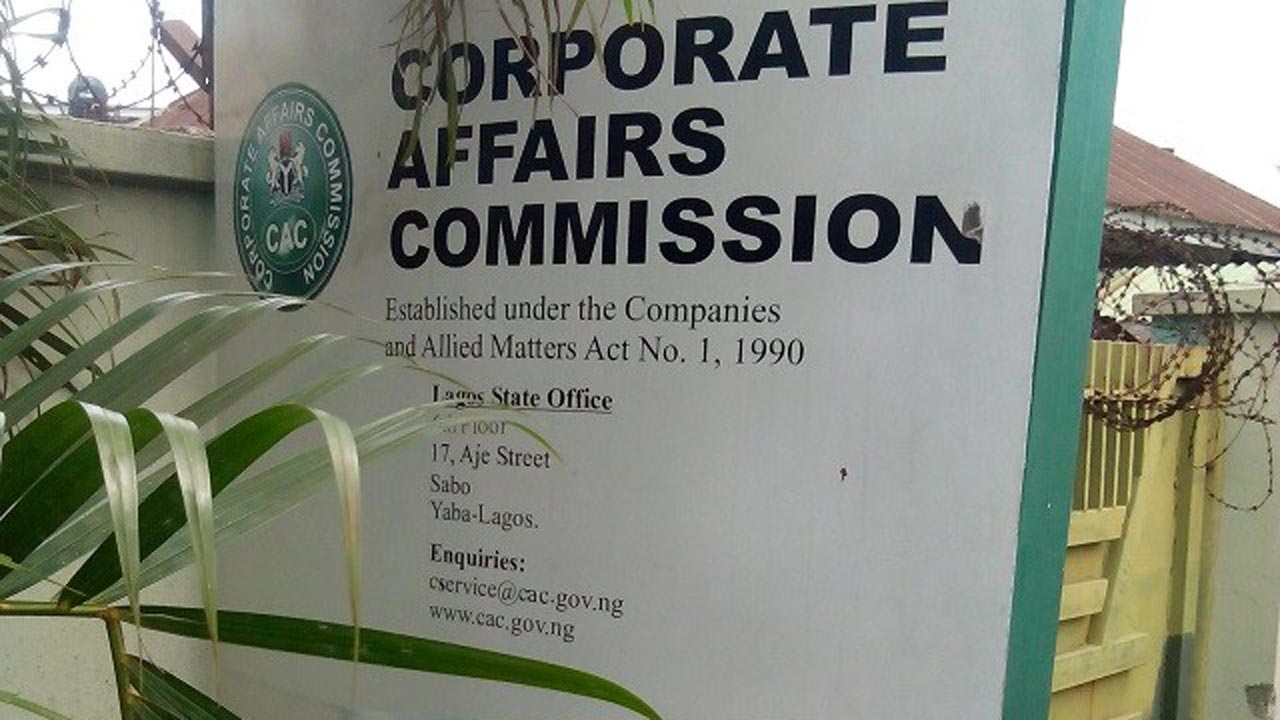The prices of food cannot continue like this from 2024 going forward.
As a social entrepreneur, I believe that it is essential to find sustainable and impactful solutions to address the issue of food insecurity among less privileged citizens in the 774 local government councils of Nigeria.
The current state of food insecurity in Nigeria is alarming, with an estimated 9.2 million people in need of food assistance. This is further exacerbated by the COVID-19 pandemic, which has disrupted food supply chains and heightened the vulnerability of low-income households.
To address this pressing issue, we propose a social entrepreneurship initiative that focuses on improved local farming and the creation of multiple local farm shops across 774 local government councils. This initiative aims to provide affordable and nutritious food to the less privileged citizens while also creating economic opportunities for local farmers and entrepreneurs.
The issue of food insecurity in Nigeria is multifaceted, stemming from factors such as poverty, limited access to resources, and inadequate infrastructure for food distribution. The lack of affordable and nutritious food options for the less privileged citizens further exacerbates this problem, leading to negative health outcomes and perpetuating the cycle of poverty.
This proposed approach involves aggressively engaging local farmers and entrepreneurs in each of the 774 local government councils to cultivate and harvest a variety of crops. These locally grown produce will then be used to establish multiple local farm shops that will offer a wide range of affordable and nutritious food options for the less privileged citizens.
By leveraging local farming and entrepreneurship, the initiative seeks to address the issue of food insecurity at the grassroots level. The establishment of local farm shops will provide access to fresh and locally sourced food, thereby improving the dietary diversity and nutritional intake of the less privileged citizens. Additionally, this approach promotes community empowerment and economic development by creating opportunities for local farmers and entrepreneurs.
The primary beneficiaries of this initiative will be the less privileged citizens in each of the 774 local government councils of Nigeria. These individuals often struggle to access affordable and nutritious food options, thereby experiencing the negative effects of food insecurity on their overall well-being.
Through the establishment of multiple local farm shops, the initiative aims to achieve several positive outcomes. Firstly, it will improve the food security and dietary diversity of the less privileged citizens by providing access to affordable, fresh, and locally sourced produce. Secondly, it will create economic opportunities for local farmers and entrepreneurs, leading to sustainable livelihoods and community development. Lastly, the initiative aims to create a sense of community ownership and empowerment by promoting local food systems and fostering social cohesion.
To implement this initiative, collaboration with local farmers, entrepreneurs, and government agencies will be crucial. Financial support may be sought through partnerships with local and international organizations, as well as through crowdfunding and grants. Additionally, the initiative will require logistical support, such as transportation and storage facilities, to ensure the efficient distribution of produce to each local farm shop.
In conclusion, the social entrepreneurship proposal for providing food for the less privileged citizens of the 774 local government councils of Nigeria through local farming and the creation of local farm shops holds great potential to address the pressing issue of food insecurity at the grassroots level. This initiative aligns with the principles of sustainability, community empowerment, and economic development, and has the capacity to positively impact the lives of millions of individuals who are currently struggling to access affordable and nutritious food options.
Otunba Abdulfalil Abayomi Odunowo
National Chairman AATSG



